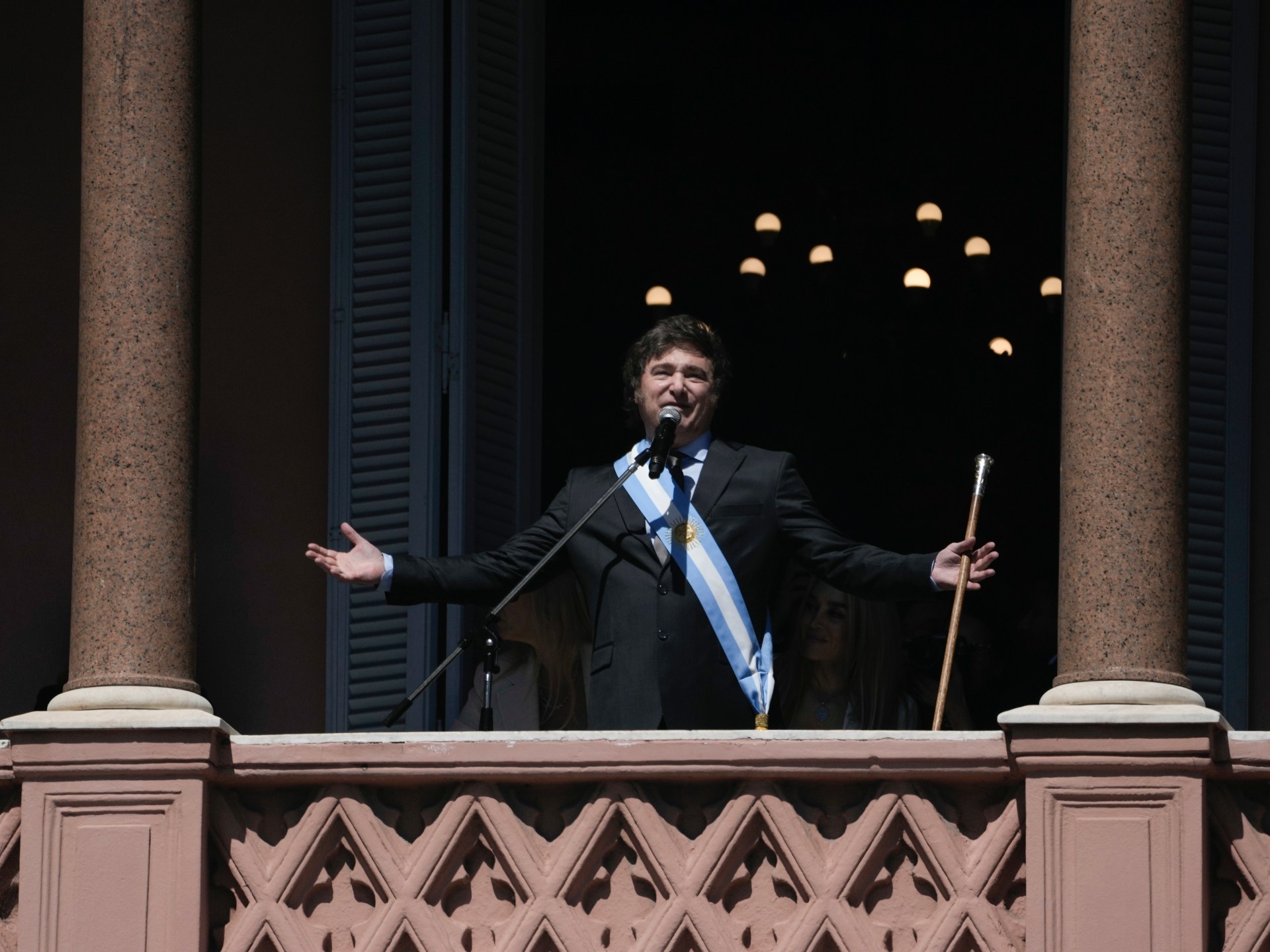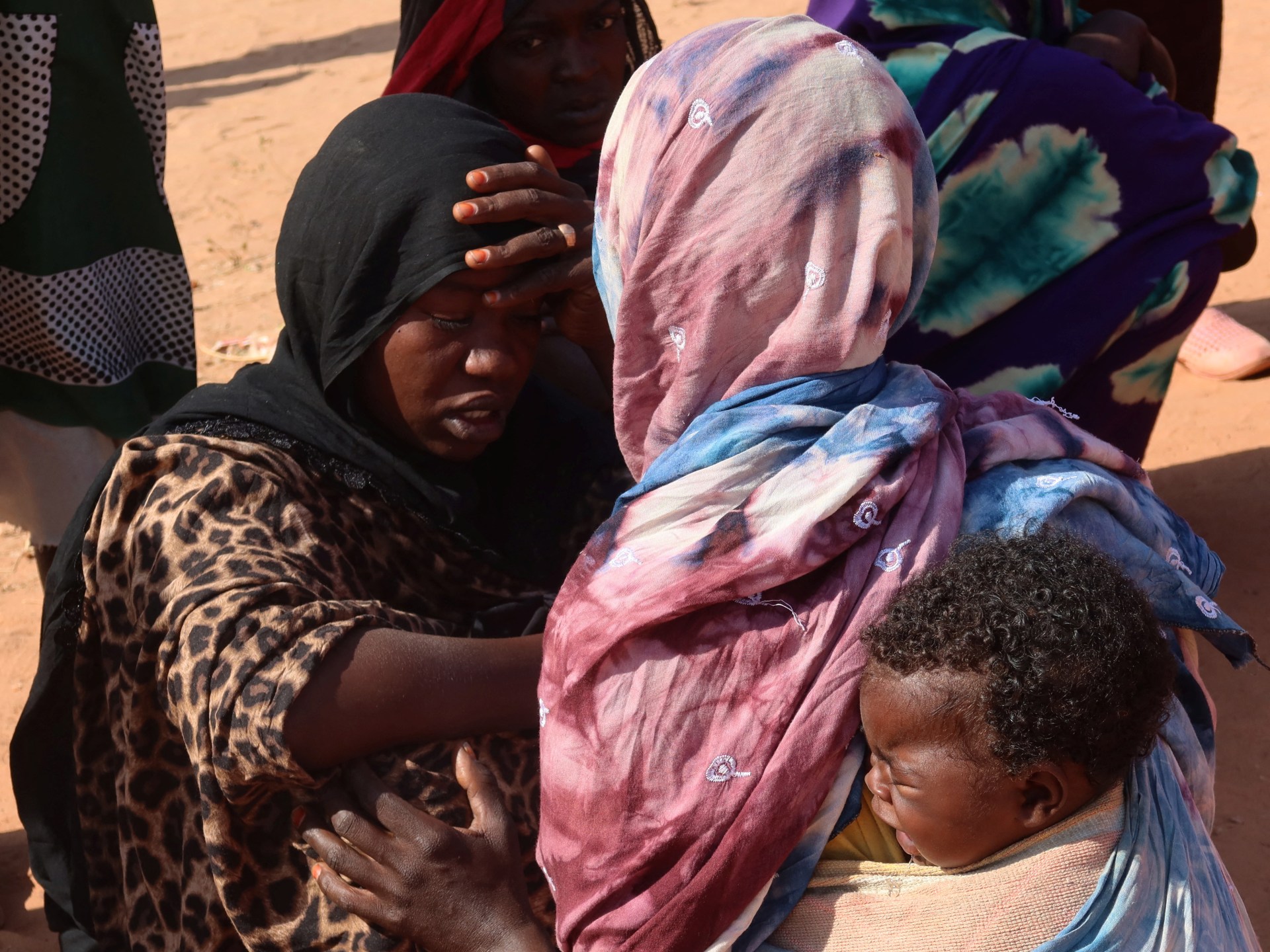
In just three years, Javier Milei, an eccentric libertarian economist and regular participant in television talk shows, managed to create a political party and become president of Argentina. And in the second round, he beat his Peronist rival Sergio Massa, who was economy minister at the time of the election, by a significantly larger margin than the polls predicted – 55.7 percent to 44.3 percent. Milei’s victory was so overwhelming that he won in 21 of 24 provinces, including historic Peronist enclaves where his opponent had led in the first round.
Milei’s campaign was based on radical political and economic ideas. His program included the abolition of Argentina’s central bank and state subsidies, the dollarization of the economy, and the privatization of the health and education systems. Politically, he proposed deregulation of gun ownership, the creation of a marketplace for human organs, and minimized the military government’s human rights abuses in the 1970s. During his campaign, he also performed many extraordinary and effective actions, such as creatively insulting his opponents, calling the Pope the “representative of evil on earth,” and brandishing a chainsaw at public rallies.
How did he manage to get elected?
The first factor that could explain his unexpected electoral success is widespread frustration with long-term economic stagnation. After a decade of increasing economic hardship, Argentina’s previous government entered the electoral process when around 40 percent of the population lived in poverty and the annual inflation rate was 142 percent. This made Milei, an outsider with no prior political experience known for his anti-elitist and pro-libertarian discourse, increasingly attractive to the electorate.
His rise to power began as the COVID-19 pandemic and lockdowns imposed to contain the spread of the virus exacerbated social discontent and made Milei’s pro-“freedom” rhetoric attractive to large sections of society. His disruptive rhetoric, publicized through countless television appearances, public lectures and YouTube videos, made him a cult figure among young men and won him election to Congress in 2021.
During this time, the drastic deterioration of the economic situation made people clamor for change, whatever the cost, and pitted them against mainstream politicians. Because of this, even as Massa’s performance far exceeded Milei’s in the last presidential debate, this was negatively perceived by people as the bullying of an “amateur” by a “career politician.”
A second factor that enabled Milei’s rise to power was his effective exploitation of anti-Peronist sentiment in the country. The main branch of the Peronist movement, the Justicialist Party, has been in power for 27 of the 40 years since democracy was restored to Argentina in 1983. Most opposition parties, both on the left and right, hold the party primarily responsible for increasing political corruption, deteriorating public health and education systems, and what many perceive as a general “national decay”. Public hostility toward Peronist former President Cristina Fernandez de Kirchner, seen by many as the main representative of the country’s left-wing, progressive agenda, has been particularly severe.
Milei skillfully exploited this during his presidential campaign. He and his supporters referred to Massa as a “Kirchnerista,” implying that he belonged to the more radical part of the Justicialist Party, embodied by the former president and her husband Nestor Kirchner. Although Massa took a more centrist position than Kirchner’s and was a bitter opponent of their camp for over a decade, he was unable to shake this label. The result of the election mirrored Brazil’s election in 2018, when Jair Bolsonaro defeated Fernando Haddad. In both cases, most voters who supported political parties whose candidates did not make it to the second round preferred “change” over the “fear” that Milei (or Bolsonaro) provoked.
The third factor in Milei’s electoral success was the support given to him by former President Mauricio Macri in the second round of voting. Macri is a key player in Argentine politics and founder of Juntos por el Cambio, the main coalition against Peronism. From the start, Milei was as vocal an opponent of Juntos as of Kirchnerismo and was by no means a natural ally of Macri. Nevertheless, after the general election, which the Juntos candidate lost, Macri openly supported Milei without consulting his allies.
Macri’s support was crucial to Milei’s electoral success for two reasons. First, it helped Milei simplify the narrative of his campaign and convey to the public that the choice between him and Massa is actually a choice between “freedom and Kirchnerism.” Second, the financial support and access to election supervision infrastructure that Macri gave Milei proved crucial on election day, allowing the right-wing candidate to secure his victory.
Finally, Milei capitalized on the success of right-wing populists in other countries, from Brazil to the USA to Italy. In fact, he has systematically integrated the proven anti-status quo, anti-progression and anti-climate change themes of Bolsonaro, Donald Trump, Giorgia Meloni and others into his political toolbox. Milei’s efforts to follow in the footsteps of these right-wing figures, coupled with the support he received from the likes of Elon Musk and Tucker Carlson as a result of his reactionary escapades, gave him international visibility and media presence.
Today we can clearly see what led to a far-right outsider like Milei winning the Argentine presidency. But what are his government’s prospects? Will he be able to pursue the radical agenda he promised his voters?
His party only has 38 seats (out of 257) in the lower house and seven (out of 72) in the upper house of Congress. He also lacks local government support as his political party failed to secure governorships or mayoralties.
Can he rely on his recent and fragile alliance with Macri to advance his agenda? Furthermore, will he be able to maintain popular support once he begins implementing his radical economic policies?
All of these are unknowns. What is certain is that the economic and social crisis, rising inflation and the heavy burden of the IMF loan will not disappear overnight.
The Milei government has already announced drastic cuts in public spending and a decision to weaken the value of the Argentine peso against the U.S. dollar by more than 50 percent as part of its promised measures.Shock therapy” just days after officially taking power. If such measures, welcomed by the IMF but condemned as “social murder” by progressive activists, do not produce the desired results, and not soon, Argentina’s experiment with far-right populism could end up being very painful and short-lived.
The views expressed in this article are the author’s own and do not necessarily reflect the editorial stance of Al Jazeera.






Recent Comments